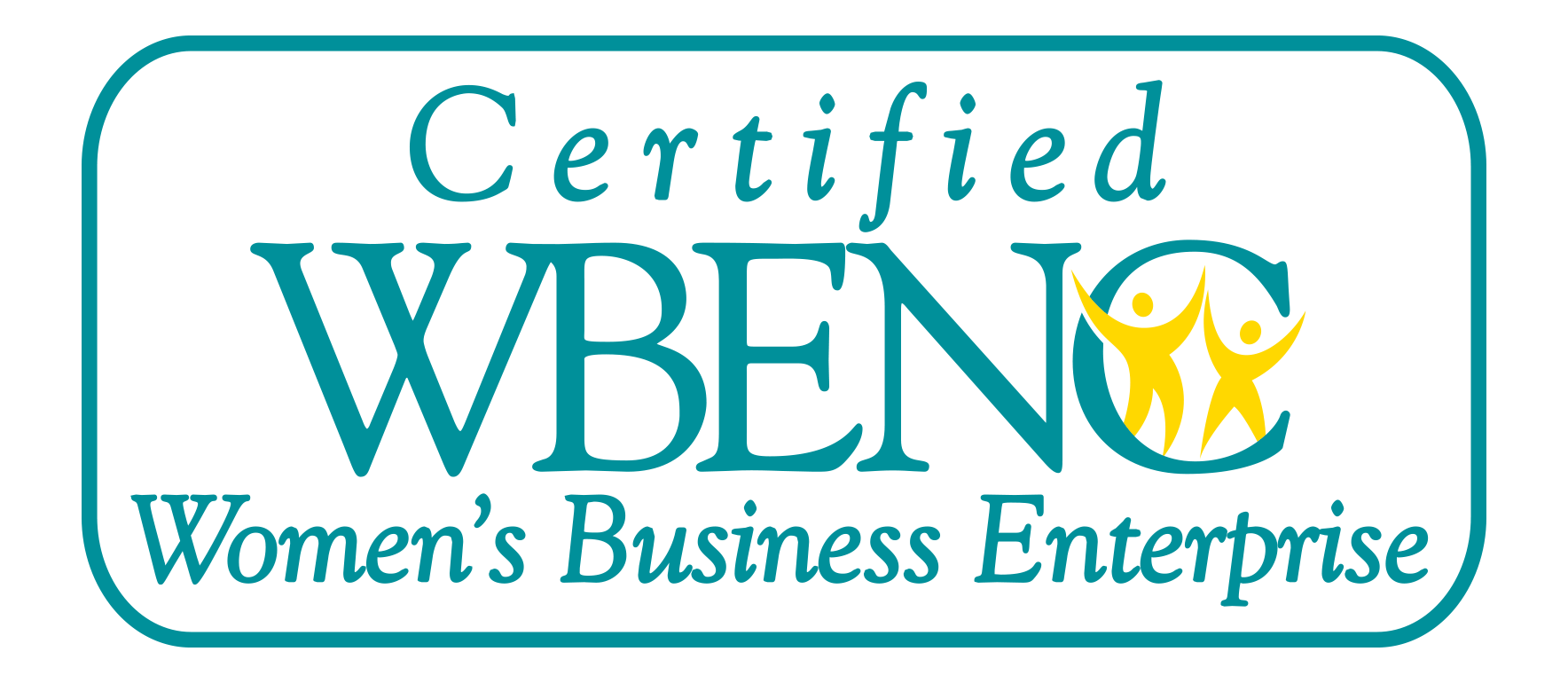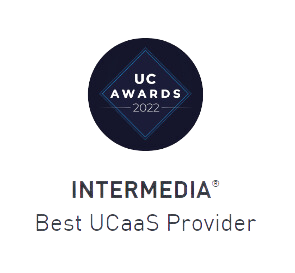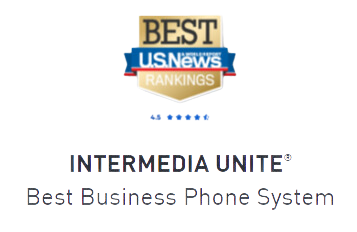Choosing A Hybrid Cloud Provider

These days, it seems as though there are as many cloud service providers as there are clouds in the sky, so how do you know which hybrid cloud is right for your business communications? After all, different business applications have different requirements for scalability, performance and latency—what works for a CRM application, for example, might not work for real-time videoconferencing. To add more confusion, businesses offer a variety of cloud options to choose from, including private, public and hybrid cloud solutions. In order to help provide some clarity, here are four questions that can help you choose the right path to the cloud for your business.
1. What happens when my network goes down?
Business continuity and disaster recovery are critical for many business applications, but particularly for business communications. If your call center is unreachable for an hour, it begins to have a significant impact not only on bottom-line revenue but also on your brand’s image. A private cloud is ultimately only as strong as the wide area network (WAN) that supports it, while a public or hybrid cloud system can usually offer greater degrees of resiliency through geo-redundancy (i.e., hardware deployed in multiple, geographically distinct data centers).
2. Is my data really secure in the cloud?
This is where on-premises models tend to have the advantage, because they allow the enterprise to have granular control over policy and security. Especially in industries, like finance and healthcare, where industry compliance is a necessity (e.g., SOX, PCI, HIPAA), on-premises systems can provide an important extra layer of security. Many enterprises opt for a hybrid cloud model for this reason, as it affords them the best mix of security (on-premises) and cost-efficient scalability (public cloud).
3. What happens if we outgrow our current hybrid cloud?
It’s not unusual to see an enterprise roll out communications into the cloud in stages, often beginning with voice and eventually adding unified communications (i.e., audio/videoconferencing, collaboration, email, etc.) and even contact center. With a private cloud, enterprises still need to deploy hardware and software in order to add capacity, which takes time and reduces enterprise agility. With a hybrid cloud solution, enterprises can seamlessly scale up internal communications quickly without deploying additional hardware and—just as importantly for businesses with seasonal communications spikes—scale it down again.
4. How quickly can I add new offices and remote users?
In both public and private cloud models, automated provisioning is a key advantage, as it allows IT departments to quickly add new users or even entire offices to networked communications and applications using role-based templates. A hybrid cloud can simplify this process even further by providing secure access to those applications whether the office/user is connected to the corporate WAN or not. An example would be a contact center that uses a mix of on-premise and remote agents; using a hybrid cloud would allow all agents to access the same tools even if they’re using different networks to access them.
Ultimately, choosing a cloud communications provider is a personal decision based on your business’ unique personality. Cost, reliability, features, voice quality, compatibility and security are all considerations that weigh into the final decision, and each may be weighted differently depending on your business requirements. It’s one of the main reasons why we don’t offer a single cloud option, but a family of cloud solutions under Towner Communication’s MiCloud brand.
Learn More About Cloud Here












